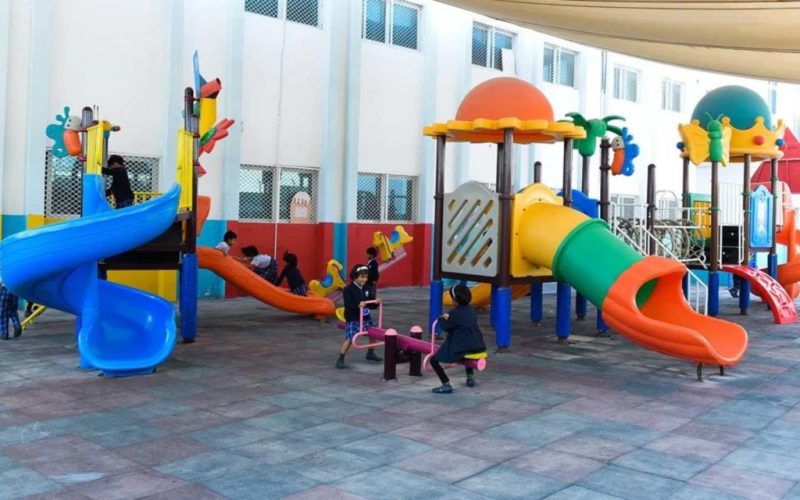- Finding coins while building the mightiest sandcastles.
- Getting yelled at by parents for stained clothes from jumping in the puddle.
- Playing soccer while it’s drizzling.
- Arguing that the ball you got out is just a trial.
- Trying to catch a butterfly.
Do any of these bring a glowing smile to your face? You are smiling, aren’t you? A good dose of nostalgia always feels good. Why does this bring instant joy? Because outdoor activities aren’t just fun but everlasting memories. It is rather unfortunate that kids of this era are spending hardly any time doing outdoor activities. Schools and parents must take up the responsibility of encouraging children to play outdoors.
Outdoor activities are essential in the development of children.
Benefits of outdoor activities to children:
Increased physical activity speeds up the metabolism rate. Metabolism is a life-sustaining process of cells converting food into energy. Kids are more physically active when they play outdoors as walls do not confine them. Improved metabolism can help to fight obesity which is a major global health threat. Outdoor activities help children to stay fit and energetic.
A good metabolism rate can drastically bring down health risks. Outdoor activities aid children to avoid a sedentary lifestyle.
Being in sunlight fixes the body’s “inner clock”. Children need at least 10 hours of sleep a day on average. Most children do not get the recommended amount of sleep which manifests as stress. Children who have troubling sleeping rhythms must be motivated to spend time outdoors. Sunlight also brightens the children’s mood and brings more positivity. Sunlight triggers the pineal glands, which enhances immunity.
When playing outdoors, children get exposed to sunlight. The human body produces Vitamin D in response to sunlight. Vitamin D regulates the body’s calcium, making your bones stronger, whereas Vitamin D deficiency can cause rickets in children.
Studies have reported that children ask around 200-300 questions a day. Children are innately curious. What do you reckon is the most exciting way to learn about Shameplant (Touch-me-not plant)? Learn about it from a video or learn by touching it. Outdoor activities let children explore the world around them. Outdoor activities increase children’s sensory awareness making them more intuitive. The best part is kids get the space to let their imagination run wild. Creativity comes from a heightened imagination.
Kids gain a sense of the natural forces and directions through simple outdoor activities like playing a frisbee. They interact with the environment around them on a closer level making them foster love for nature.
Outdoor activities are the only time when parents do not control children’s actions. Children are free to express and explore themselves. Children learn to pick themselves up every time they fall. They learn to be independent and take care of themselves. Being independent helps children understand their abilities and capabilities.
Team outdoor activities help children to acquire better social skills. It is alright if your child is an introvert or an extrovert but learning social skills is essential. The interaction with peers teaches them when to compromise and when to stand up. Studies have shown that toddlers who play outdoors tend to be more social when they grow up. They get to connect with other kids of diverse backgrounds, teaching them equality. Children learn to be more empathetic to one another when in groups which results in good behavioural development.
All work and no play makes Jack a dull boy!
The pandemic restricted all of us within our homes. Kids feel imprisoned and get cranky as they could not play outside. Parents and teachers can organise outdoor games with proper safety measures. In a post-COVID-19 world, outdoor activities must get more emphasis as even before the global health crisis, time spent on outdoor activities was on the low.
It is not right to blame that children these days are addicted to digital devices. Kids grow the way we guide them. Kids love playing outside, but parents’ work-life imbalance is affecting the time they get to go out. Prioritise your child’s needs. Both the parents must share the responsibilities of taking care of the child.
Darwin believes schools play a significant role in the overall child’s development. Darwin is conscious of the mix of 60% Academics and 40 % Extra and co-curricular. This mix helps them to build a lot of life skills. We have gardening areas right outside of the classroom so that children can work/play in their garden throughout the day or in terrace farming activity areas where groups of children can visit and garden.






